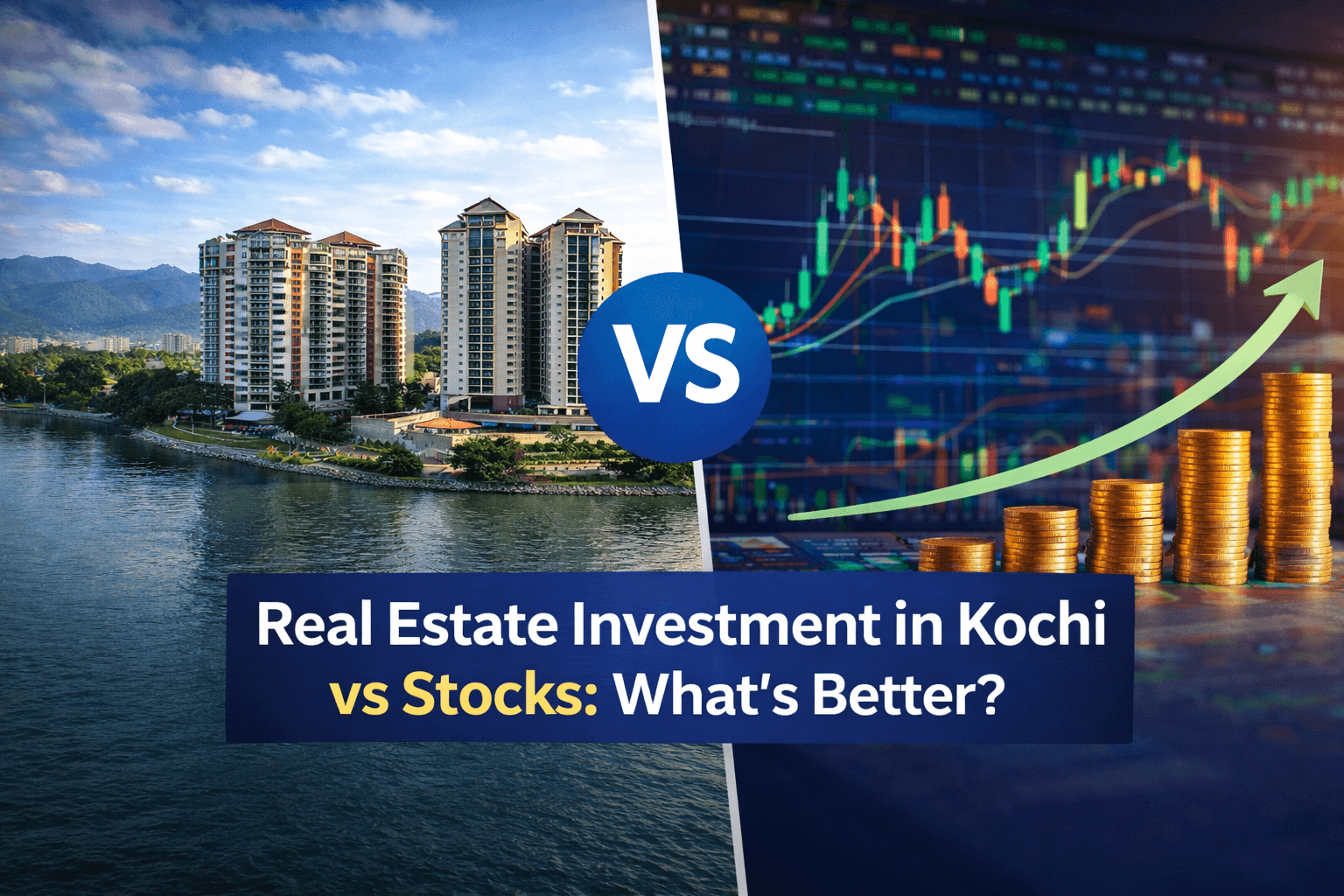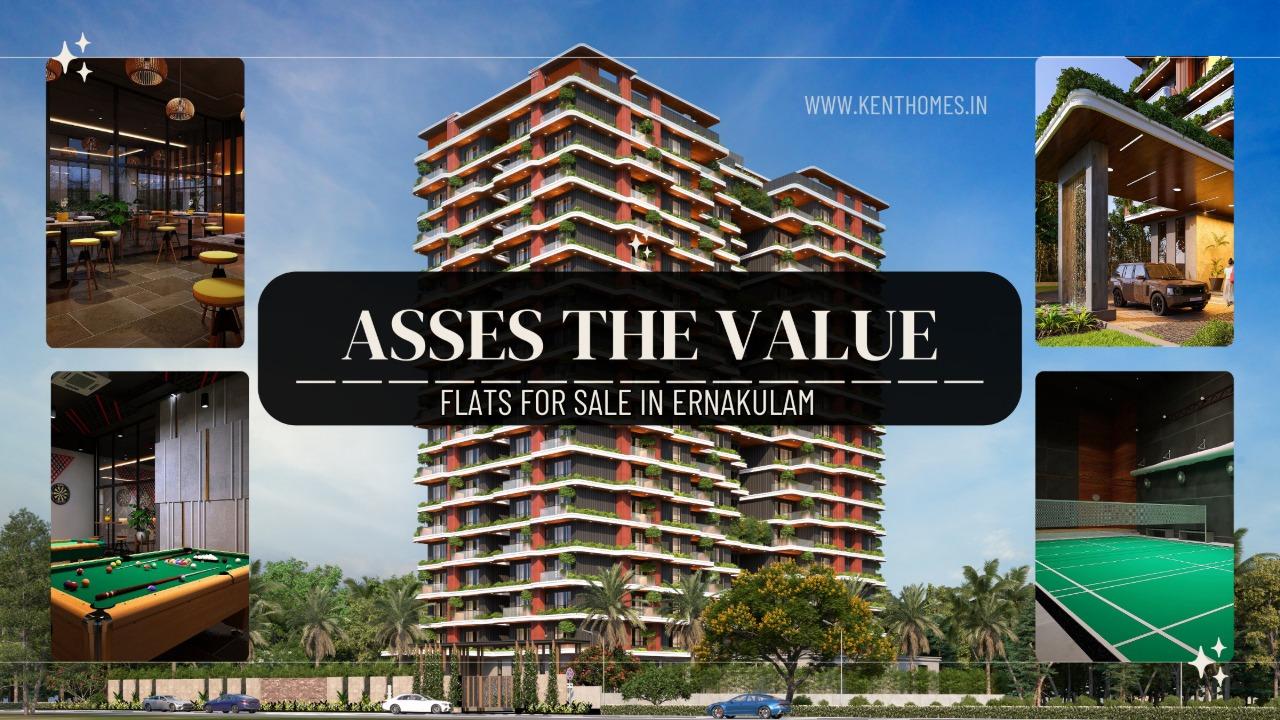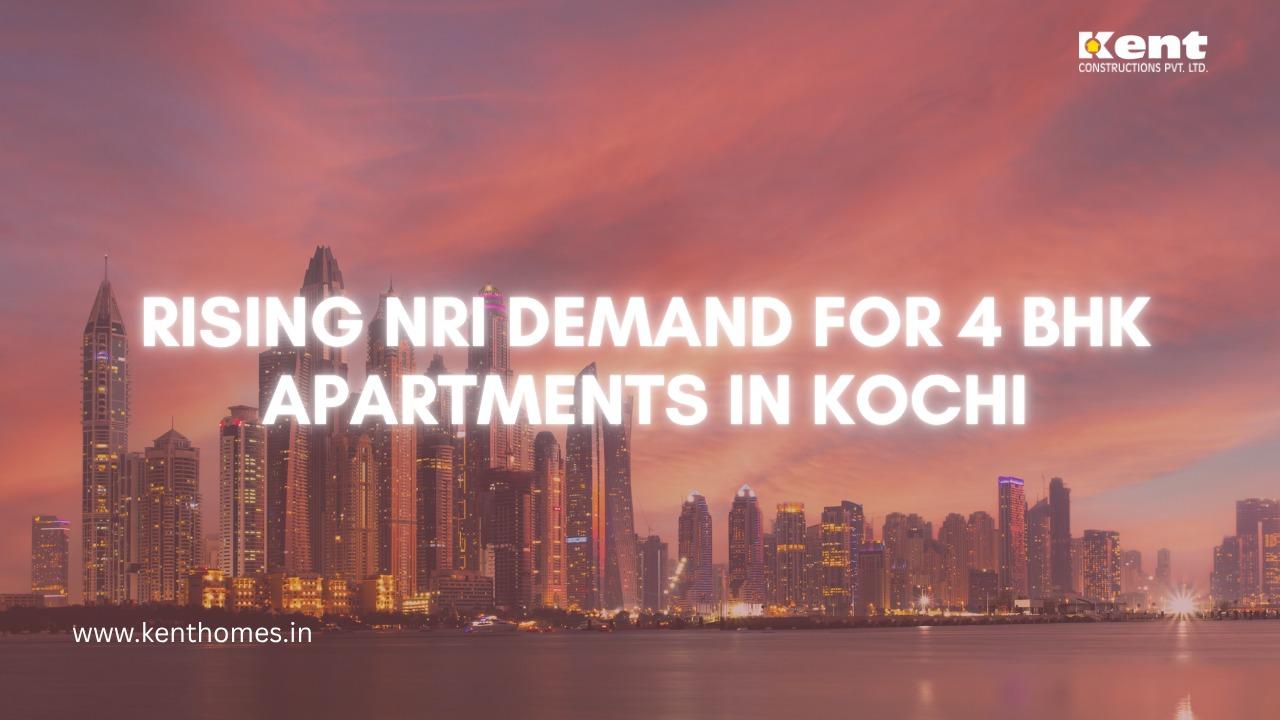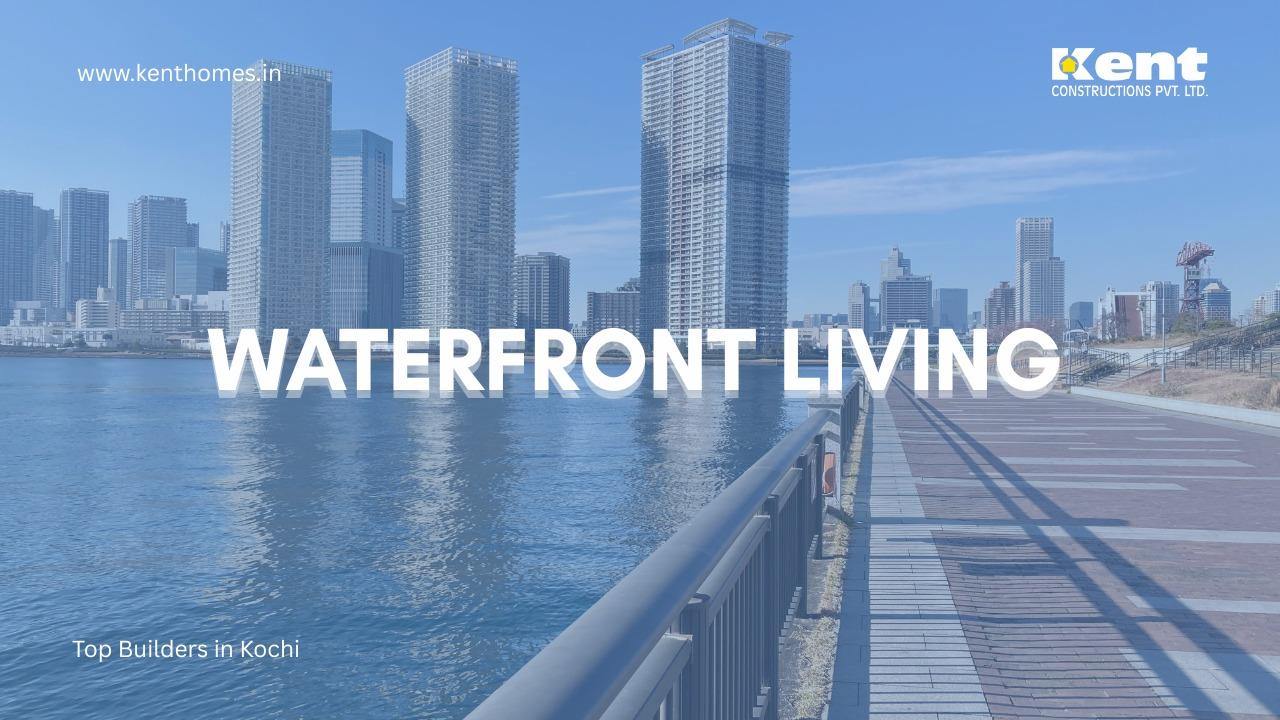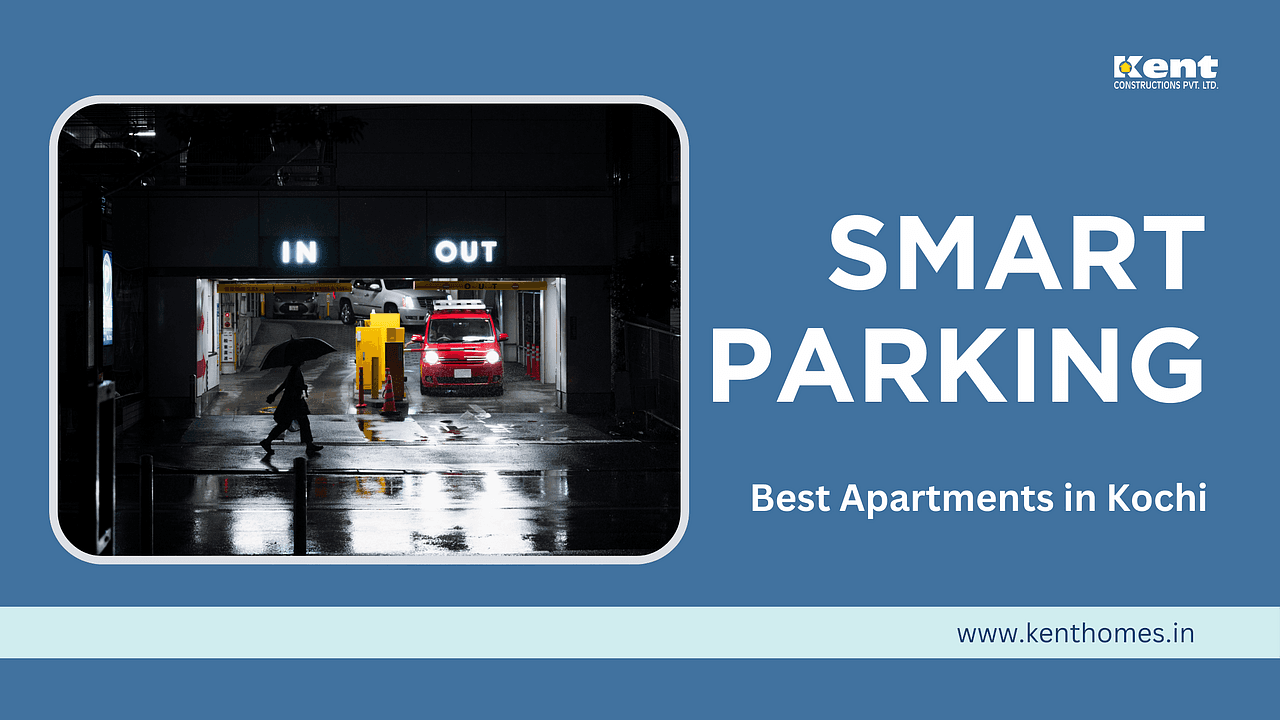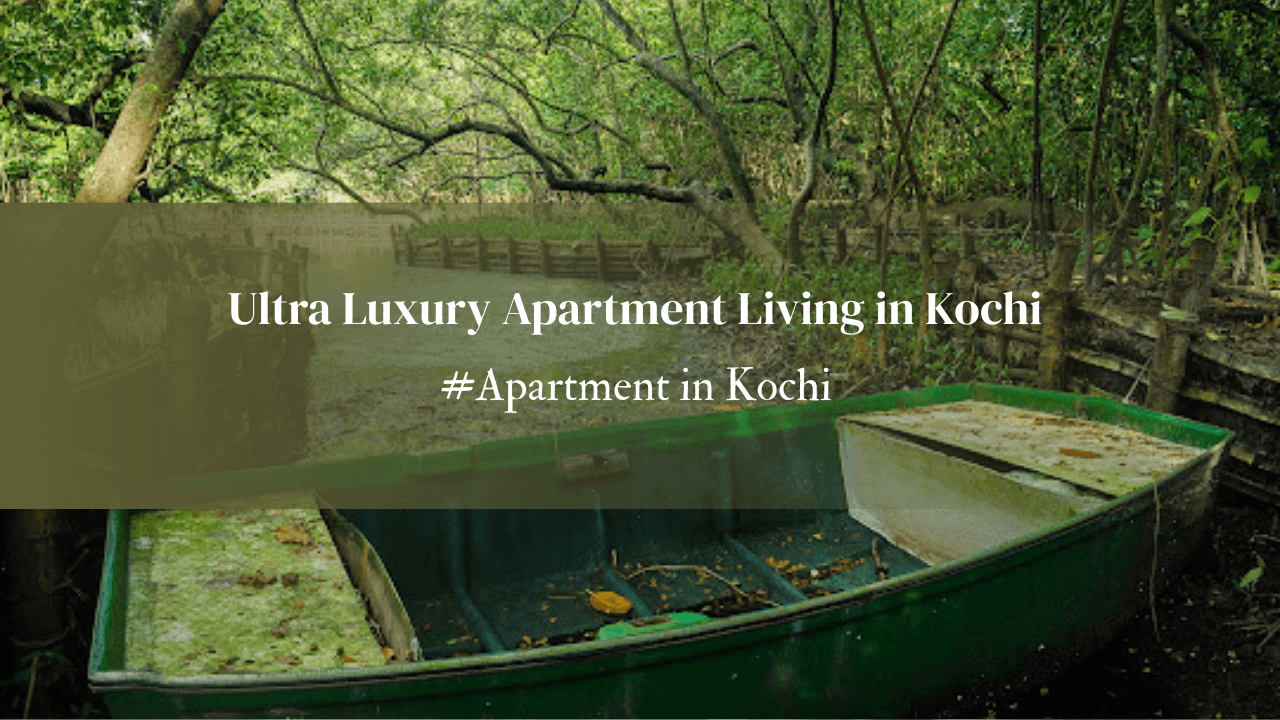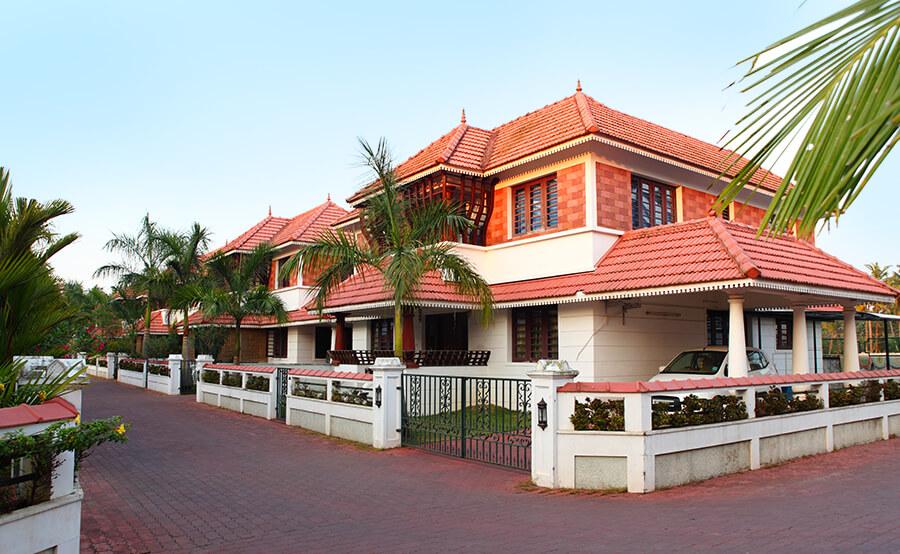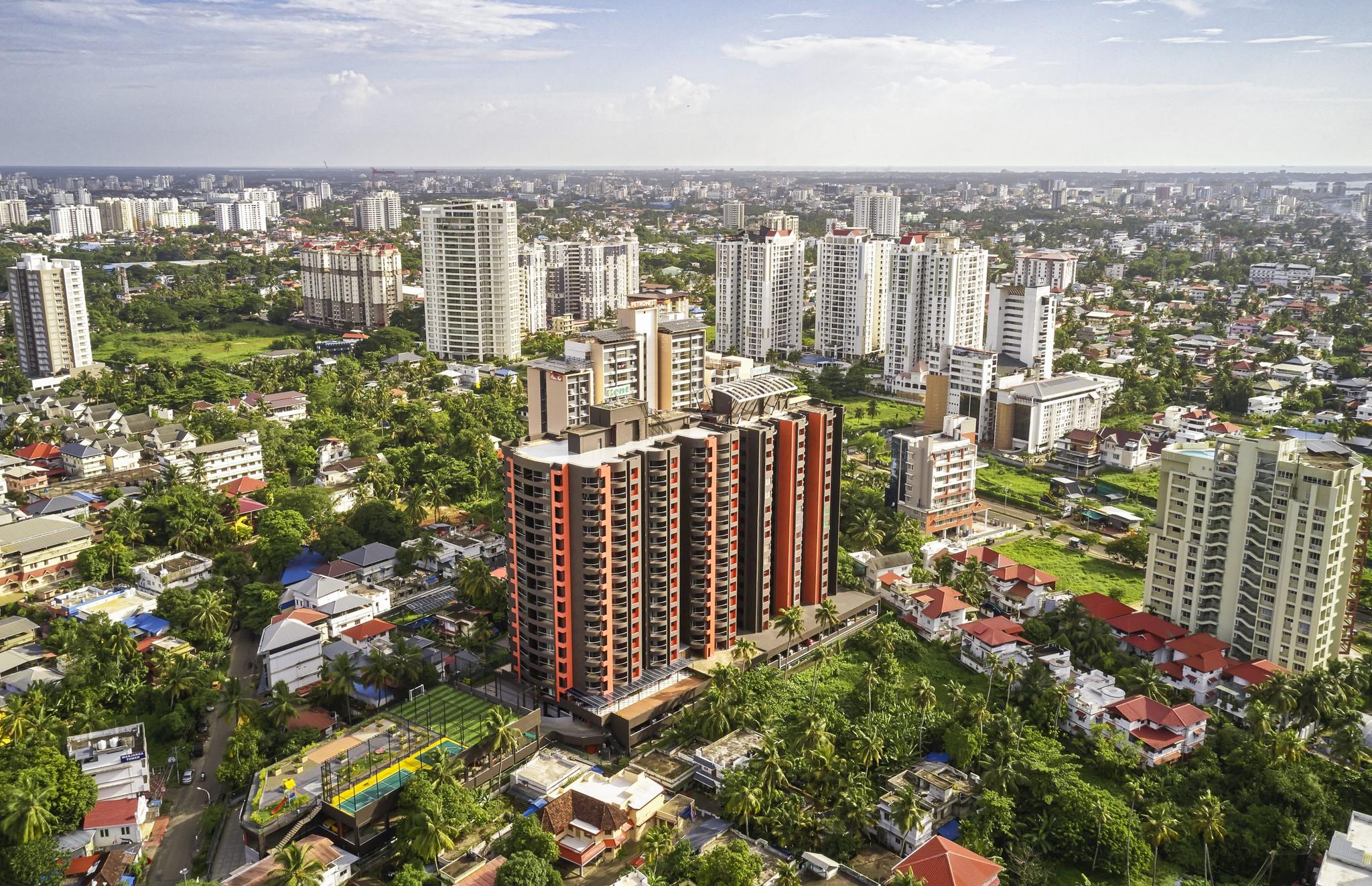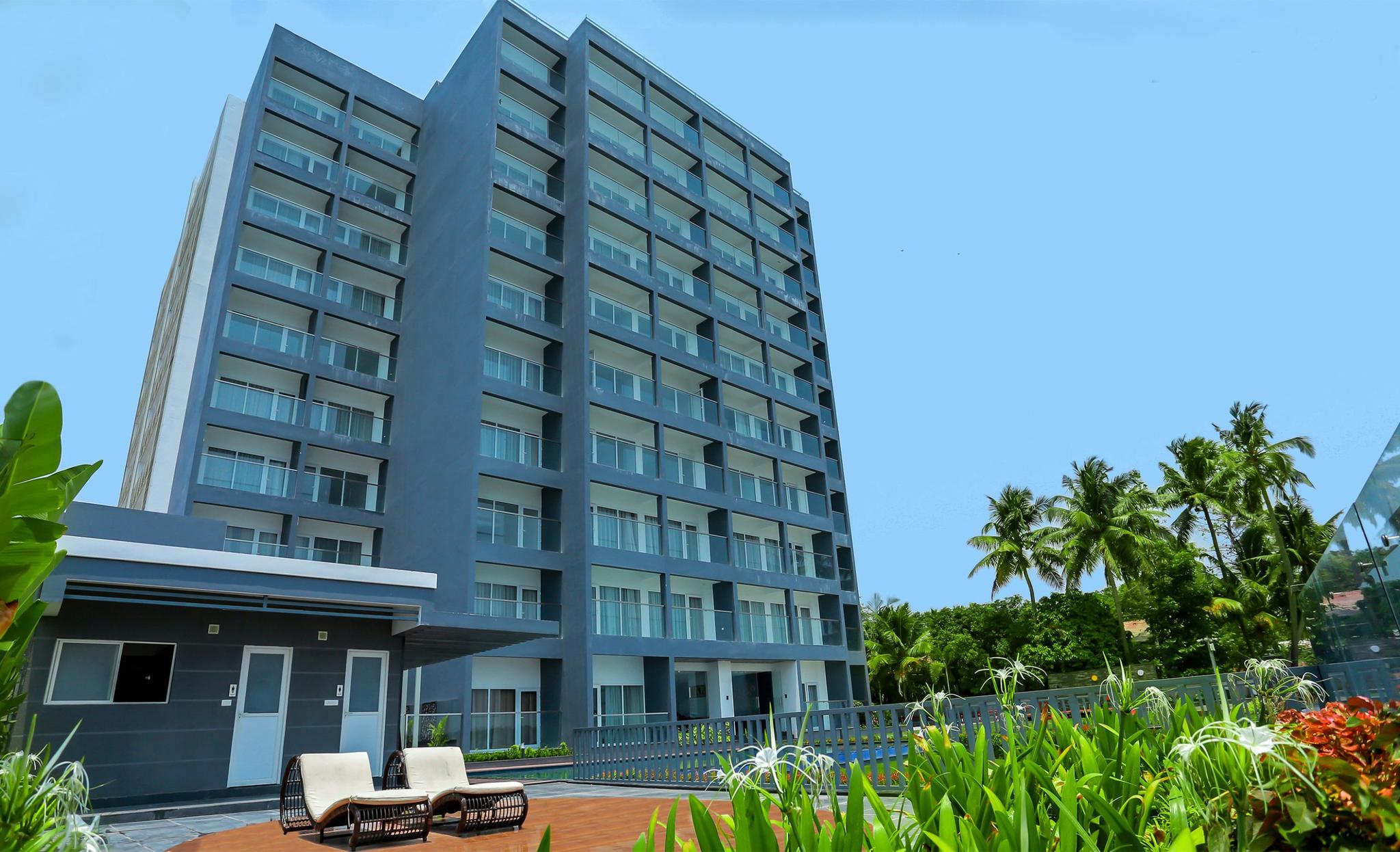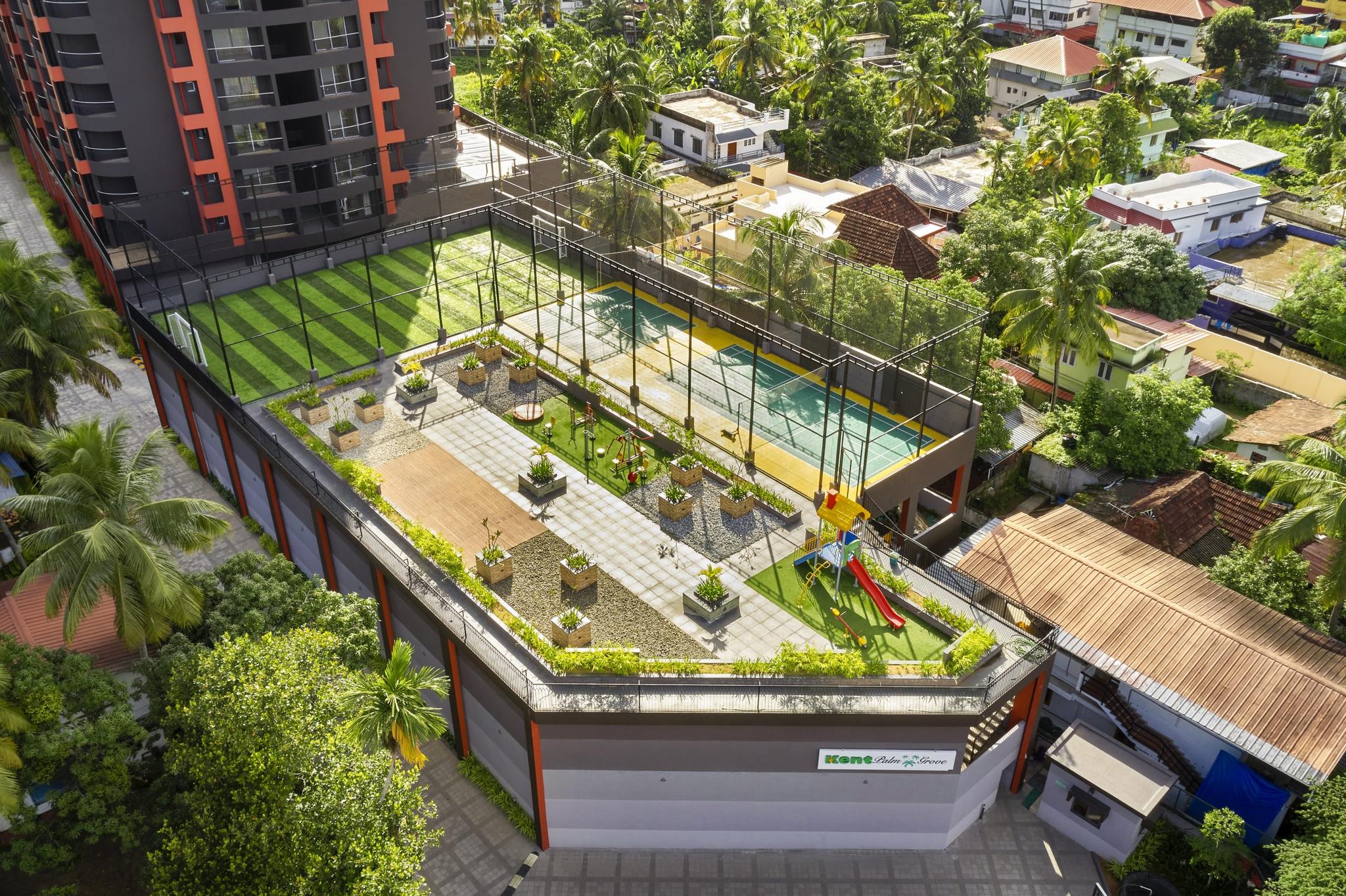
Luxury Flats in Kochi See NRI Advantage After Trump’s Tariff
7 Min Read


Global trade rarely moves in a straight line. It rises and falls, and at times, it takes unexpected turns, like the recent announcement of a steep 50% tariff by the United States on Indian exports. Although the primary focus of the discussion has been on manufacturing, textiles, and seafood, there is another narrative developing regarding how these changes might influence Non-Resident Indian (NRI) investment patterns, especially in real estate markets such as luxury flats in Kochi. Trade tensions can lead to uncertainty in some industries, yet for others, they also create new possibilities. For NRI investors, property in a city like Kochi is not just a piece of land or an apartment; it is a secure asset, a physical connection to home, and often a long-term investment for retirement or passive income.
Currency Movements Work in Favour of NRI Buyers
Currency values often react quickly to major trade disputes. If the Indian rupee is under pressure in global markets due to a slowdown in exports, it may weaken against stronger currencies like the US dollar, euro, or pound. For NRIs working abroad, this often results in better buying power. Even a small fall in the rupee can boost the buying capacity of NRIs exchanging foreign currency. An apartment in a prime location, which may have seemed just beyond reach a year ago, can now become affordable without any increase in the budget.


Moving Beyond Unstable Sectors
Sectors including textiles, seafood processing, and certain engineering products are experiencing the pressure of increased tariffs. Investors who are heavily involved in these export-oriented businesses may look for ways to balance their portfolios. Real estate, especially residential properties in a rapidly growing city like Kochi, offers such a balancing option. Although export markets may experience fluctuations due to policy changes, property values in well-connected urban areas tend to show steady growth over the long term. Even in times of broader economic adjustment, housing demand in a city like Kochi is supported by IT parks, healthcare hubs, tourism, and educational institutions.
Multiple Pillars of Kochi’s Economy
Kochi’s economic health comes from a variety of sectors working together. The city grows on a combination of sectors: a dynamic IT corridor that includes InfoPark and SmartCity, a busy port that supports trade and logistics, a healthcare sector that draws patients from across India and internationally, and a growing tourism industry. Diverse industries create stability in the housing market, unlike towns where one sector drives the economy. Even if specific export streams slow down because of tariffs, Kochi still attracts residents and investors for reasons that are independent of these trade issues.


Assessments Continue to Favor Growth
Tariffs and trade conflicts do not usually last forever. Markets adapt, negotiations are reinitiated, and new agreements are established. During this period, real estate in a city with high demand generally maintains or regains its value once uncertainty is resolved. Kochi's housing market, supported by both local demand and NRI interest, is likely to remain attractive in the future. Buyers who maintain a long-term perspective generally come out on top, because they do not allow short-term headlines to influence their decisions.
Conclusion
Yes, global trade changes can create challenges, but they also pave the way for new opportunities. For NRIs interested in Kochi's real estate market, the current situation might be advantageous for exploring various options. At Kent Constructions, we have seen that external factors encourage buyers to make quick decisions, selecting homes that offer quality, prime location, and long-term value. For NRIs who are evaluating their next steps, real estate investment in Kochi continues to be a reliable and exciting option for both personal and investment objectives.


